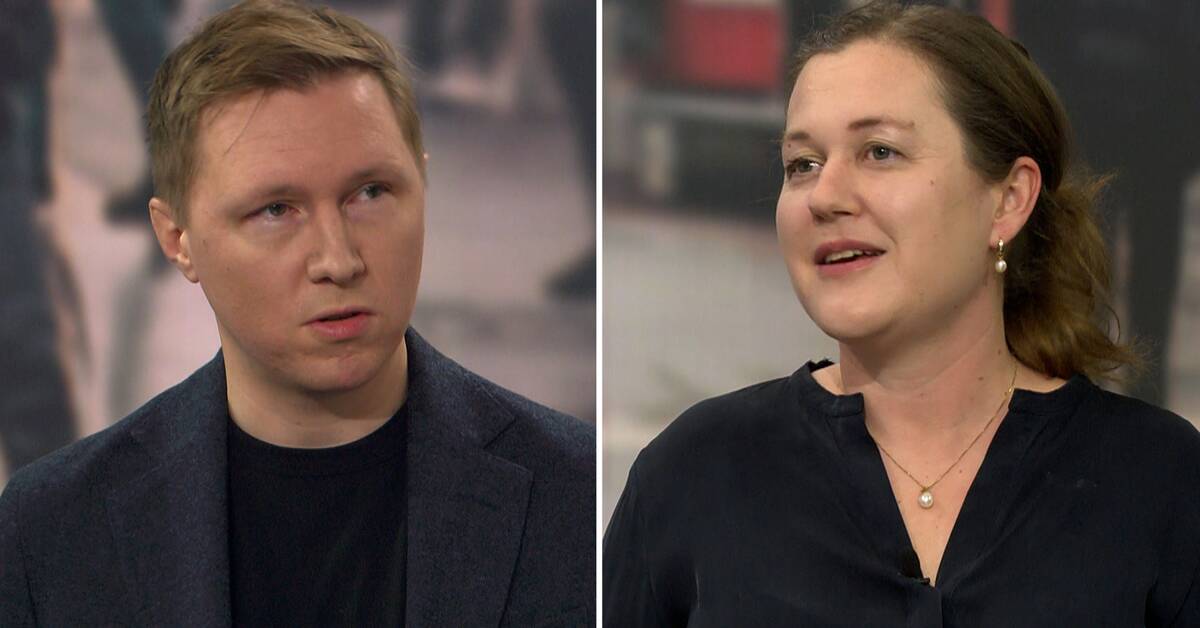From Wednesday, the Swedish Public Health Agency recommends that the regions focus on testing and infection tracing to protect fragile groups in health and medical care.
According to Tove Fall, professor of molecular epidemiology, the decision to reduce testing is surprising.
Especially since it makes it difficult to follow the spread of infection in Sweden.
- It will be difficult to understand how it develops in the future now that the testing, which has been a backbone of the monitoring, is removed, says Tove Fall in SVT's Aktuellt.
Lots to gain
She believes that testing does not have the same negative effects on society as other restrictions.
The same applies to mouth guards in public transport, she adds.
- The spread of infection is high.
We have large sick leave rates and a high workload in healthcare, even if it is not maximized as it has been before.
I think that if you can remove the cape from it all, we have a lot to gain.
Natural rose
The reduced testing is part of the reopening of Sweden.
The decision to ease the restrictions has been made in light of the high vaccination coverage in combination with the fact that the omicron variant results in fewer cases of serious illness compared with other variants.
Petter Brodin, pediatrician and professor of immunology, describes the development as "a natural step".
- We need to consider covid-19 as an infectious disease like many others, such as influenza and RS virus.
We monitor these in a different way.
We measure the number of cases in healthcare and do random tests.
I think we can enter the same path with covid-19, says Petter Brodin in Aktuellt.

